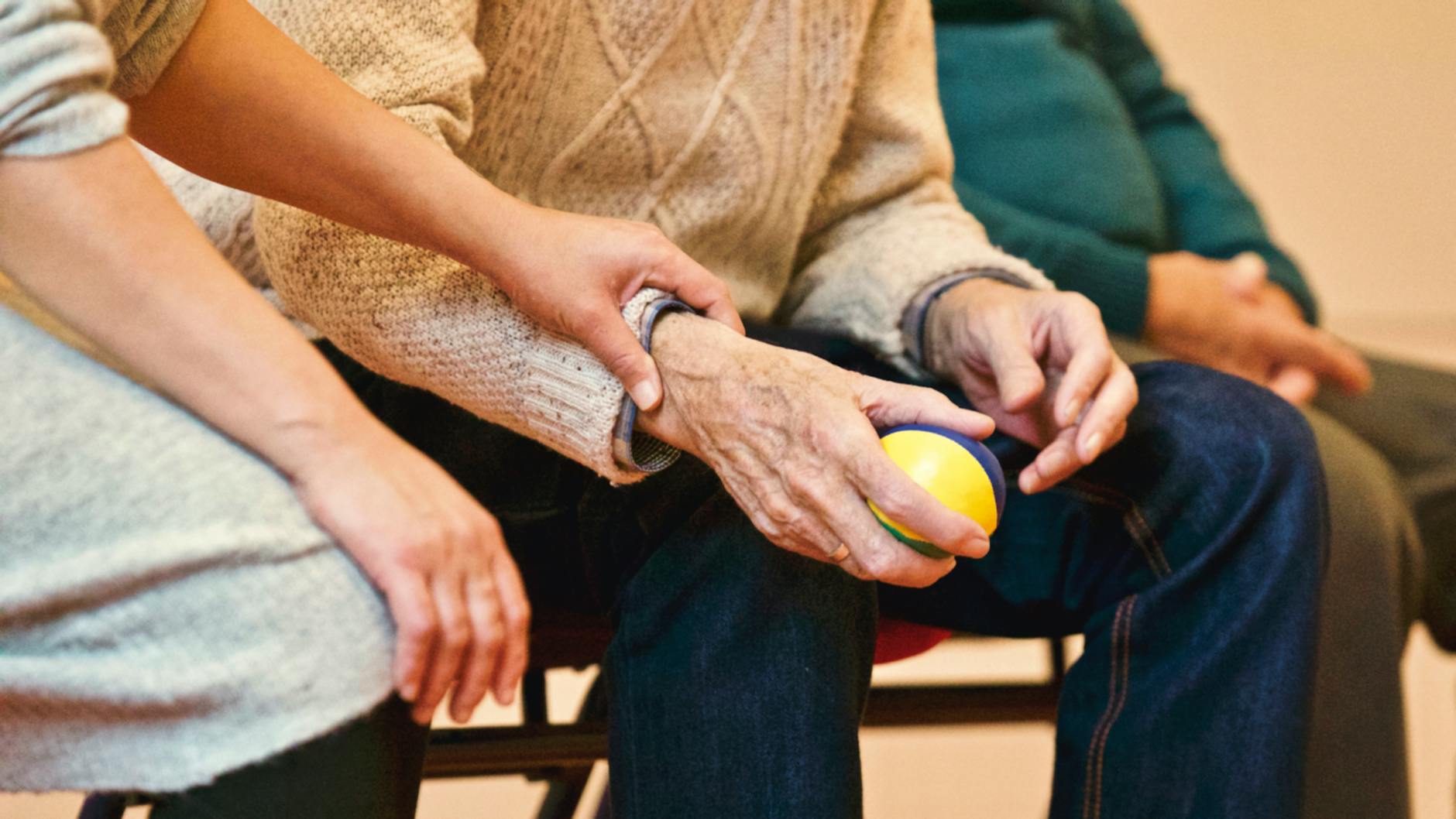If you care for someone with dementia, you might find that their symptoms seem to worsen during the cold winter months as they become more distressed, agitated or depressed.
It’s a commonly experienced phenomenon with dementia, and a recent blog on the Live Better With Dementia website explores what changes you might expect and various ways to cope with them.
 Specialist writer Kate Corr, who has personal experience pf caring for a loved one with dementia, sets out four reasons why winter can upset people with dementia:
Specialist writer Kate Corr, who has personal experience pf caring for a loved one with dementia, sets out four reasons why winter can upset people with dementia:
- It makes ‘sundowning’ worse: Sundowning is a collection of symptoms such as anger, aggression and irritation which tend to occur at the end of the day (as the sun goes down) and into the night.
The onset of shorter winter days can sometime exacerbate sundowning. During winter, dark nights can be very long and many family carers find their loved one’s behaviour more and more difficult to cope with. - It can lead to depression: When the brain doesn’t get enough daylight, it can lead to a form of depression called ‘Seasonal Affective Disorder’ (SAD). Sometimes SAD and sundowning can both occur during winter, making life increasingly hard for everyone.
- It upsets sleep patterns: Sleep disturbances become more common as dementia progresses because it attacks the part of the brain that controls our circadian rhythm (the internal body clock). During winter months, early evening darkness can cause more confusion. For example, if your loved one lives alone they might go to bed at 5pm because it’s dark, then be awake through the night or very early in the morning.
- It causes visual problems: Darkness can cause disorientation and intense frustration – dementia already causes visuospatial problems but it can become much worse during darker days and nights. Shadows in dim light add to confusion and disorientation, sometimes causing people to imagine they can see something that isn’t there. This could, in turn, make them more anxious, angry or agitated.
Just as Kate sets out some of the problems that winter can cause for people with dementia and those caring for them, she also has key tips and advice on how to cope better:
- Make the most of natural daylight: Get outside whenever possible, whether it’s a 10-minute walk to the shops or a trip to the park, natural light and physical activity are a proven, winning combination, helping to boost mood and reducing stress and tension. You might also consider a vitamin D supplement. Low mood, fatigue and depression have all been linked to a lack of vitamin D – the so-called ‘sunshine vitamin’ – so a supplement during winter could be particularly helpful. Speak to your local pharmacist for expert advice.
- Keep it calm: Keep the room they usually sit in as peaceful as possible during the late afternoon and early evening. If your home is busy and this isn’t realistic, perhaps they could listen to some relaxing music with headphones? Generally, try to keep evening activities soothing and low key.
- Let the light in: As natural light begins to fade, make sure rooms at home are brightly lit to minimize shadows and reflections, and invest in a few night lights for stairs and landing areas to prevent trips and falls.
- Consider small changes: For example, if your loved one usually enjoys an afternoon nap, try to bring it forward a little to the early afternoon. Sleeping later than this can confuse the body’s internal clock even more, making it impossible to nod off at night.
The Live Better With Dementia website has a range of helpful advice and information for anyone coping with the effects of dementia, either themselves or caring for someone else. It also sells a range of products specially designed for people with dementia and their carers.
